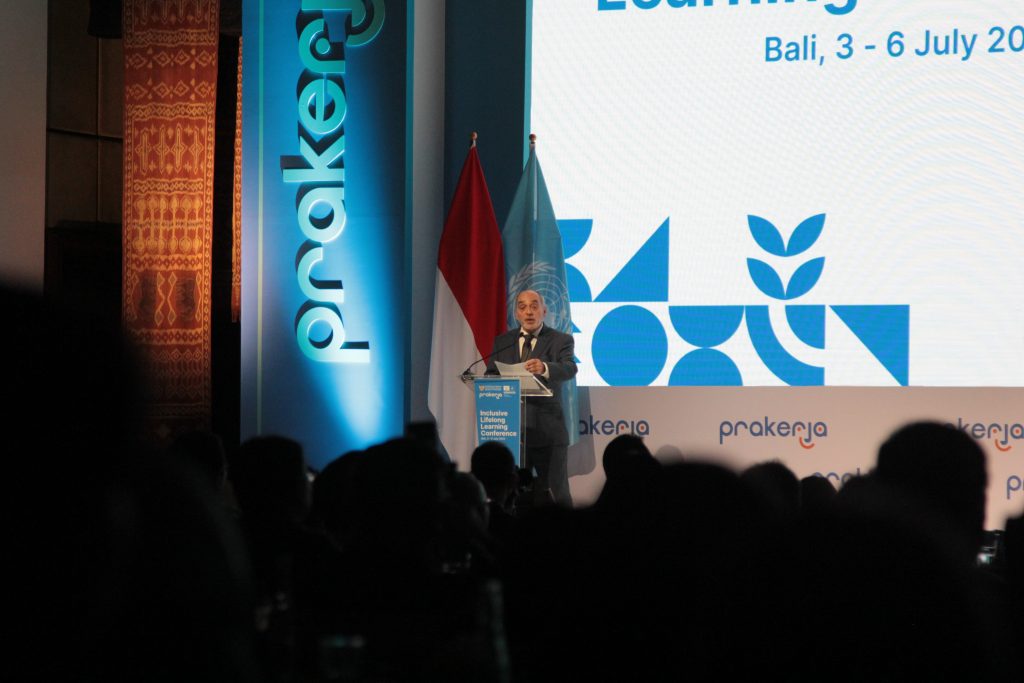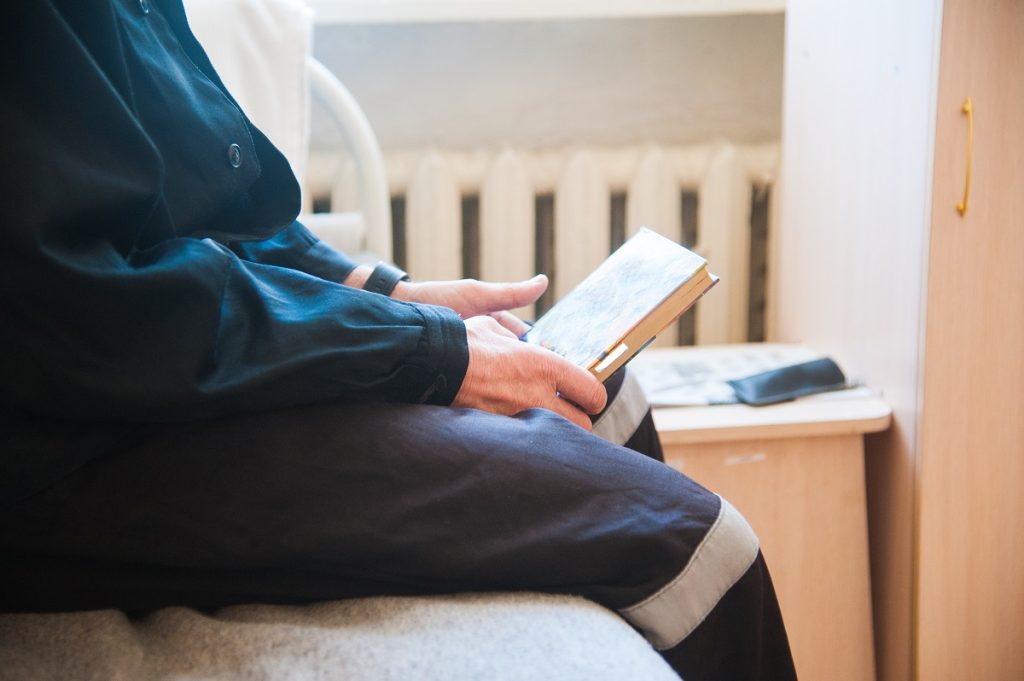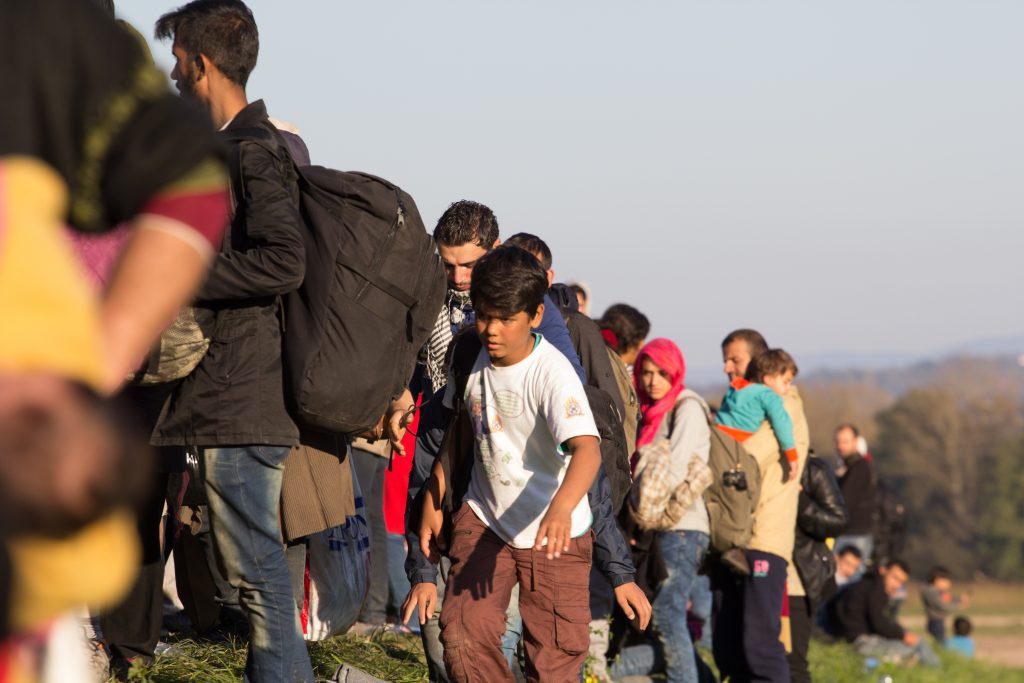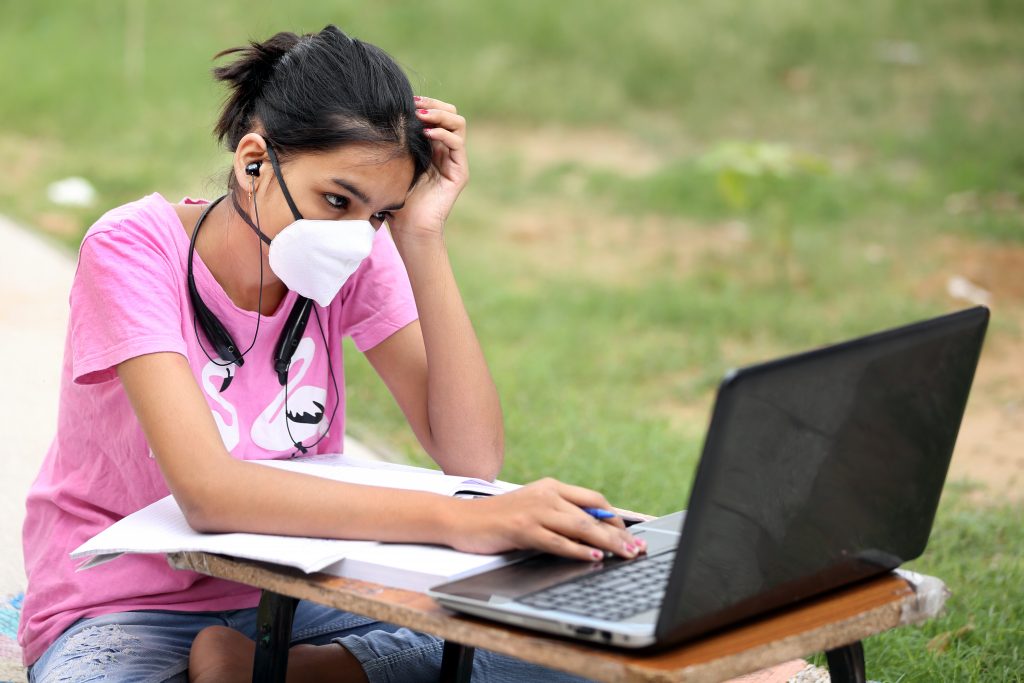The Inclusive Lifelong Learning Conference gave critical impetus to the implementation of the Marrakech Framework for Action and reinforced CONFINTEA VII’s view of adult learning and education as a condition for a hopeful future, writes Daniel Baril, Chair of the Governing Board of the UNESCO Institute for Lifelong Learning

In my closing remarks to last week’s Inclusive Lifelong Learning Conference in Bali, I tried to capture the spirit of the work undertaken by the UNESCO Institute for Lifelong Learning (UIL) and its partners in shaping the conference and its outcome document, the Bali Manifesto. Reflecting on the moral and policy challenges of inclusive learning and education throughout life I recalled that adult learning and education has always been about hope: hope for each individual to be able to complete basic education successfully and, most importantly, to learn to read and write; hope for each adult to be able to learn what each person must know in order to fulfill their responsibilities, grow as a human being and engage in society and the world of work. In a sense, adult learning and education is a condition for hope.
Continue reading


